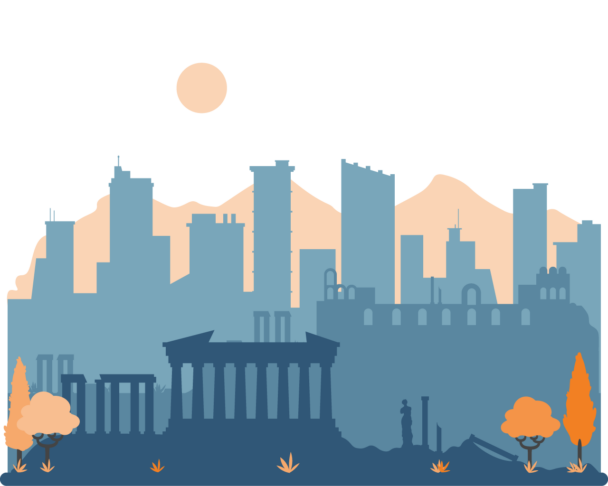Description
Basic Computer Proficiency required. Read more »
Basic computer proficiency courses are designed for individuals who have limited experience with technology. Participants will learn fundamental skills such as navigating the web, and using basic programs.
Digital competencies enable educators to seize the potential of digital technologies. Thus, they are fundamental for innovative education. However, even if someone is technically savvy, they are not necessarily a digitally competent educator. In fact, the digital competencies of general users are not specific to teaching.
This course is designed to help educators of all levels to boost the digital competencies specific to a teacher’s professional life. Participants will learn how to effectively integrate technology in the classroom and how to empower students to develop their digital competence.
The course will explain the DigCompEdu framework, that is, the European Framework for the Digital Competence of Educators. The framework describes 22 professional digital competencies organized in 6 areas, with 6 proficiency levels.
As a participant, you will be guided to reflect upon your digital competencies through comprehensive self-assessment tools. You will also discover different tools and strategies for teaching with digital technology. Besides, you will learn to apply digital assessment strategies and tools to facilitate feedback and analyze your students’ progress.
By the end of the course, you will gain a comprehensive understanding of digital competencies for educators. You will be able to design a personal learning path for the professional development of your digital competencies.
You will also be able to identify, modify, and create suitable digital resources and assessments that are relevant to your objectives. By being a digitally competent teacher, you will enable your students to develop their digital skills, too.
No prior technological skill is required for taking this course. The DigCompEdu framework focuses on non-technical skills and details on how to use technology to enhance and innovate education of different levels.
Want to be a digitally competent educator? This course will guide you onto the right path.
Requirements
Suggested computer proficiency: Basic
What is included
Learning outcomes
The course will help the participants to:
- Gain a comprehensive understanding of digital competence for educators;
- Be able to assess digital competence oneself as an educator;
- Be able to design a personal learning path toward a digitally competent educator;
- Learn the key principles to integrate digital technologies into teaching and learning;
- Explore various digital resources and tools to facilitate collaborative and self-directed learning;
- Use digital tools to assess students;
- Discover how digital tools facilitate the analysis of students’ progress as well as teachers’ feedback;
- Develop the capacity to empower students and help them to develop their digital skills.
Tentative schedule
Day 1 – Introduction to the course and to DigCompEdu
- Introduction to the course, the school, and the external week activities;
- Icebreaker activities;
- Presentations of the participants’ schools.
Introduction to DigCompEdu
- A comprehensive self-assessment of digital competence based on the European framework of Digital competence for Educators;
- Planning personal learning path and target proficiency of digital competence.
Day 2 – Professional engagement and digital resources
- Exploring the usage of digital technologies for communication, collaboration, and professional development;
- Dos and Don’ts for selecting, modifying, creating, and sharing digital resources to facilitate learning.
Day 3 – Teaching and learning with digital tools
- Principles to manage the use of digital technologies to best support learning and to engage students;
- Exploring various digital tools and resources to facilitate collaborative learning and self-directed learning.
Day 4 – Assessing digital Competencies for educators
- Strategies to choose suitable digital assessment strategies and tools;
- Exploring digital tools that facilitate feedback and analysis of students’ progress.
Day 5 – Empowering students and facilitating students’ digital competence
- Ways to use digital technologies to enhance inclusion, personalization, and active engagement;
- Classroom practices that enable students to use digital technologies creatively and responsibly for communication, content creation, and problem-solving.
Day 6 – Course closure & cultural activities
- Course evaluation: round-up of acquired competencies, feedback, and discussion;
- Awarding of the course Certificate of Attendance;
- Excursion and other external cultural activities









